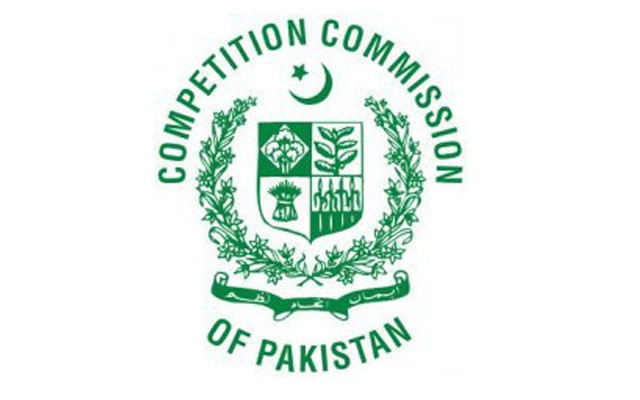ISLAMABAD: The Competition Appellate Tribunal (CAT) has dismissed an appeal filed by the Pakistan Vanaspati Manufacturers Association (PVMA), thereby upholding a Rs. 50 million penalty imposed by the Competition Commission of Pakistan (CCP) for engaging in anti-competitive and discriminatory practices.
As per details, PVMA, which represents nearly 100 ghee and cooking oil manufacturers across the country, had challenged the CCP’s 2011 decision that found it in violation of Sections 3 and 4 of the Competition Act, 2010. The case stemmed from an inquiry and subsequent show cause proceedings initiated in April 2011, after the CCP observed coordinated price hikes in the edible oil sector. The Commission concluded that PVMA had used its platform to orchestrate price-fixing arrangements by negotiating prices with government authorities and advising its members to adopt uniform pricing. Although PVMA claimed these were merely recommendations, the CCP found that they were effectively enforced, resulting in reduced price competition.
The CCP also determined that PVMA had entered into agreements with oil tanker associations and the National Logistics Cell (NLC) to fix transportation rates. These arrangements, according to the Commission, distorted fair competition in the logistics sector and disadvantaged non-member players. In addition to collusive pricing and logistics agreements, PVMA was found to have abused its dominant position by charging discriminatory fees for verifying import invoices a responsibility delegated to it by customs authorities to curb under-invoicing. PVMA charged its members Rs. 4 per metric ton for the service, while commercial importers were charged Rs. 10 per metric ton, without any valid justification.
In its defense, PVMA argued that its members paid substantial membership fees and annual dues, and that commercial importers ultimately sold their products to PVMA member manufacturers. It also claimed that it lacked statutory authority to enforce pricing arrangements and had only acted under government pressure to stabilize prices amid volatile international palm oil markets. However, both the CCP and the Tribunal rejected these arguments. The Tribunal noted that the verification service had been delegated to PVMA for all importers and that charging different fees to members and non-members was unjustified. It held that such discriminatory charges could not be rationalized under the concept of “objective justification,” particularly since the cost burden eventually fell on PVMA members themselves.
While the CAT upheld the Rs. 50 million fine, it modified the CCP’s order by granting PVMA a 15-day period to rectify its discriminatory conduct. If PVMA fails to comply within this timeframe, an additional penalty of Rs. 1 million per day of default originally part of the CCP’s order will be reinstated. The Tribunal stressed that even non-binding or advisory decisions by trade associations can breach competition law if they lead to a reduction in market competition.




